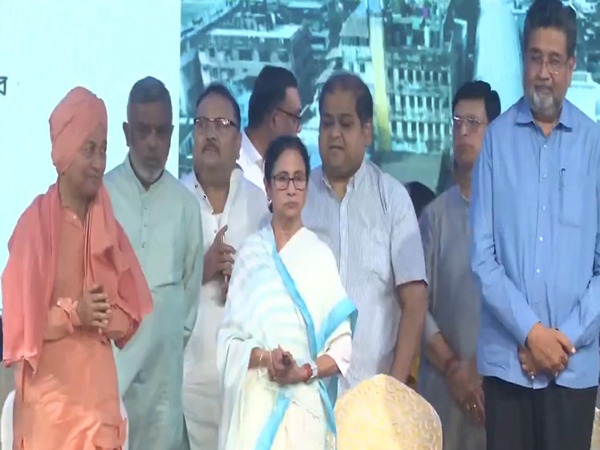SP MP Zia Ur Rehman moves Supreme Court, challenges constitutional validity of new Waqf law
Apr 09, 2025

New Delhi [India], April 9 : Samajwadi Party (SP) Member of Parliament from Uttar Pradesh's Sambhal, Zia Ur Rehman Barq, has filed a petition in the Supreme Court challenging the constitutional validity of the Waqf (Amendment) Act, 2025.
Represented by Advocate Suleman Khan, the SP leader argues the amendments violate fundamental rights, particularly the removal of "Waqf by user," induction of non-Muslim members into Waqf councils, and a five-year embargo for Muslims.
The petition seeks a review of these provisions, which Barq claims unjustly interfere with the religious affairs of the Muslim community.
Advocate Suleman Khan told ANI, "This petition has been filed on behalf of the Member of Parliament from Sambhal Lok Sabha constituency, Zia Ur Rehman Barq. The challenge in this petition is the newly amended Waqf Act, which is unconstitutional, arbitrary, and in violation of the fundamental rights as enshrined in Part 3 of the Constitution. The removal of "Waqf by user," it is completely arbitrary and unconstitutional. It will snatch many properties from the Muslim communities which are actually Waqf."
"The induction of non-Muslim members into central Waqf council and state Waqf boards is completely unconstitutional because it is the interference into the religious affairs of the Muslim community. This embargo of being a Muslim for five years is completely arbitrary and unconstitutional, as well as the donation by non-Muslim members is also unconstitutional. So all these issues will be heard by the Supreme Court, hopefully, and we are very hopeful that justice will be done," Advocate Khan said.
With this, several opposition leaders, including AIMIM Chief Asaduddin Owaisi, AAP MLA Amanatullah Khan, Congress MP Mohammed Jawed, RJD MLA Muhammad Izhar Asfi and others, have knocked on the doors of the top court against the Waqf Act.
The Waqf (Amendment) Act, 2025, came into force on April 8 (Tuesday). After a 12-hour discussion, the Upper House cleared the bill with 128 members voting in favour, whereas 95 members voted against the legislation.
The act aims to modify the Waqf Act, 1995 and the Waqf (Amendment) Act, 2013. The 1995 act and the 2013 amendment laid out rules to govern the Waqf properties in India; created special courts (called Waqf Tribunals) with powers similar to civil courts (Tribunal decisions cannot be challenged in civil courts); and prohibited the sale of Waqf properties.

















